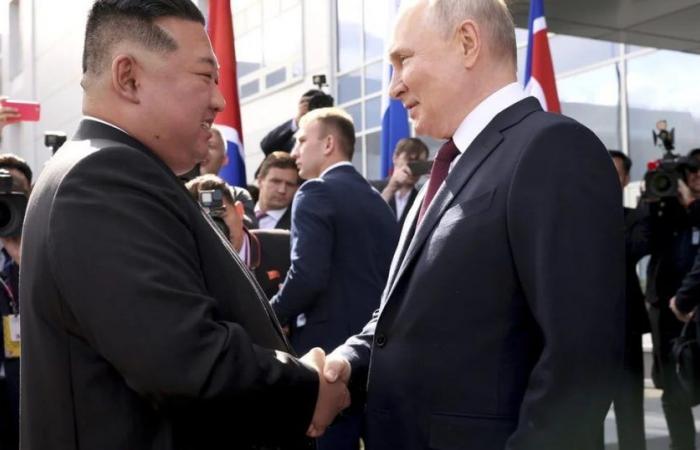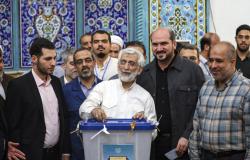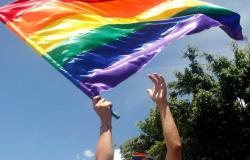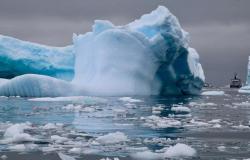
The National Security Advisor of South Korea, Chang Ho Jin, has once again put on the table the possibility of delivering weapons to Ukraine if North Korea and Russia execute a new defense agreement and assured that the limit to decide is in the possible delivery of Russian precision ammunition to North Korean forces. “I would like to emphasize,” Chang told the South Korean network KBS, “that right now everything depends on what Russia does: What line would we have left to cross if Moscow delivers precision weapons to North Korea?” Tensions between North and South Korea have risen in recent months as efforts to get both countries to sign a peace agreement have stalled. Pyongyang and Seoul are still technically at war, since the Korean War (1950-1953) ended with an armistice, with no definitive agreement since then. The security advisor thus reiterates what was raised by some voices from the South Korean security leadership after the signing of the strategic defense agreement signed this week by the president of Russia, Vladimir Putin, and the North Korean leader, Kim Jong Un, during the visit of the first to Pyongyang. The security advisor has asked Putin – who has warned that if South Korea delivers weapons to Ukraine he would be making “a very serious mistake” – to reconsider his position. “If it is true that he wants to restore and progress relations with us,” Chang added, “I would like the Russian side to think about it very calmly.”





